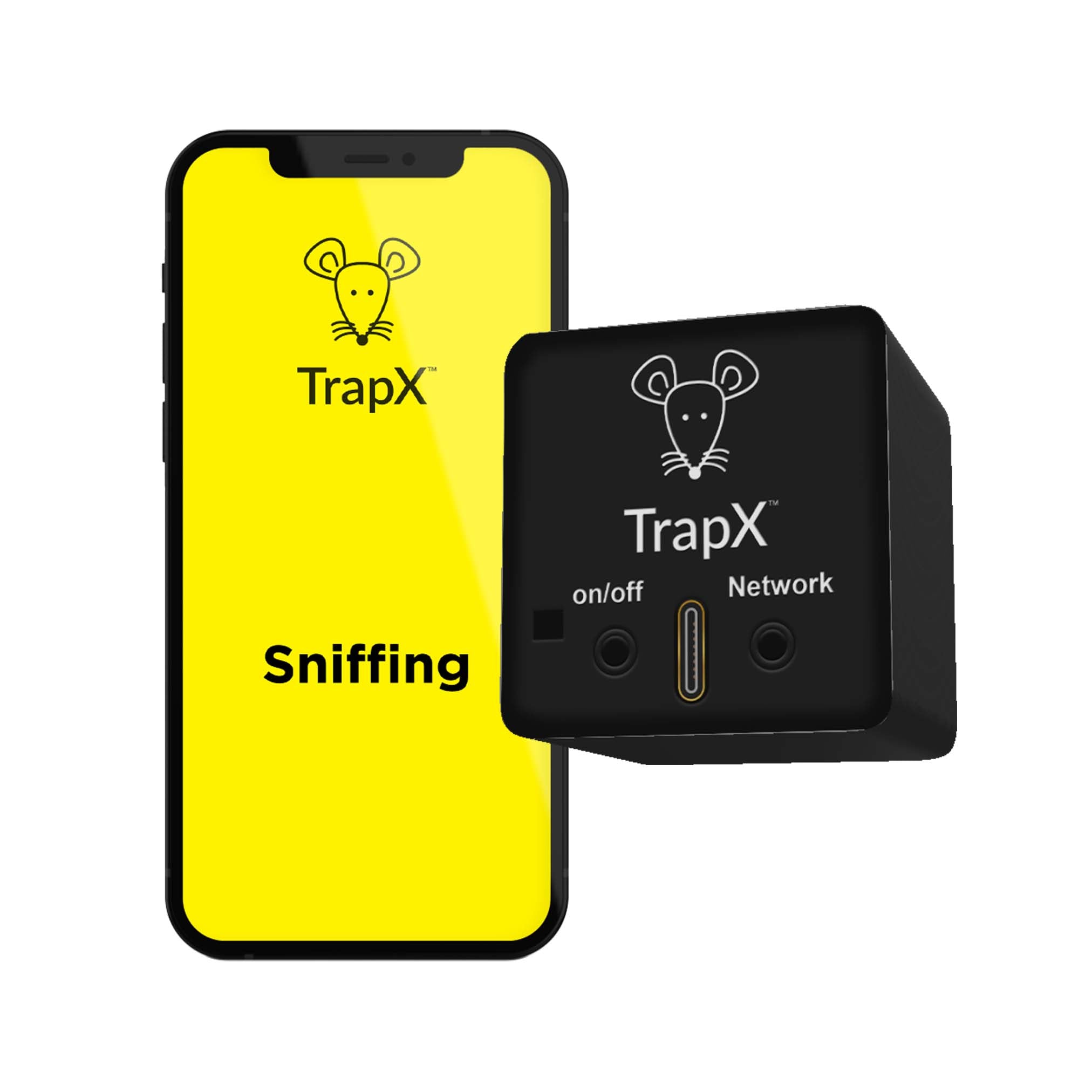How To Rodent Proof Your RV?: Best Practices You Need To Know
Share
RVing offers an unparalleled sense of freedom, allowing you to explore the corners of the world at your pace. However, the thrill of RVing can quickly turn into a nightmare when you discover that rodents have invaded your beloved home on wheels. Learning how to rodent-proof your RV is essential for maintaining a clean, safe, and comfortable living environment. This article will guide you through effective strategies to keep your RV rodent-free.

Why Rodent Proofing Your RV is Essential
Rodents can cause significant damage to your RV. They chew through wires, contaminate food supplies, and even bring in diseases. Heres why its crucial to rodent-proof your RV:
- Prevent Damage: Rodents are notorious for chewing through wires, insulation, and wood. This can lead to costly repairs and even safety hazards.
- Health Risks: Rodents carry diseases such as Hantavirus and Salmonella. Their urine, feces, and nesting materials can contaminate your living space, posing significant health risks.
- Avoid Infestations: Once rodents find a way into your RV, they can quickly multiply. This can result in an overwhelming infestation that's challenging to control.

Step-by-Step Guide to Rodent Proofing Your RV
Inspect Your RV
The first step in rodent proofing your RV is a thorough inspection. Look for any potential entry points and damages that could be exploited by rodents.
- Check Underneath the RV: Rodents often enter RVs from underneath. Inspect the underside for gaps and holes.
- Inspect the Roof: Check for any gaps or damages around roof vents and other roof-mounted equipment.
- Examine Windows and Doors: Ensure that all windows and doors close tightly without gaps.
Seal Entry Points
After identifying potential entry points, the next step is sealing them. Use materials like steel wool, caulk, and expanding foam to close off gaps and holes. For more detailed techniques on preparing your RV against infestations, you can learn more here.
- Steel Wool: Ideal for filling small gaps and holes. Rodents can't chew through it.
- Expanding Foam: Great for larger gaps but ensure its rodent-resistant.
- Caulk: Use caulk to seal gaps around windows, doors, and other small openings.

Proper Food Storage
Food attracts rodents, so proper storage is vital. Store food in airtight containers and keep your RV clean.
- Airtight Containers: Store all food, including pet food, in airtight containers. For tips on effective mouse control, visit this comprehensive guide.
- Regular Cleaning: Dispose of trash frequently and clean up food crumbs immediately.
Implement Natural Deterrents
Natural deterrents can help keep rodents away. These methods are humane and safe for your family and pets. Find out how you can revolutionize your pest control using wireless alerts in this detailed article.
- Peppermint Oil: Rodents dislike the smell of peppermint. Soak cotton balls in peppermint oil and place them around your RV.
- Ultrasonic Repellents: These devices emit high-frequency sounds that repel rodents.

Traps and Baits
If rodents have already infiltrated your RV, traps and baits can be used to control the population. Learn about different traps by visiting this external guide.
- Snap Traps: These are effective but should be used with caution, especially in households with children and pets.
- Live Traps: Catch-and-release traps allow you to humanely capture and relocate rodents.
Regular Maintenance
Regular maintenance is crucial for keeping your RV rodent-proof. Perform frequent inspections and repairs to prevent any potential infestations.
- Inspect Often: Regularly check for new entry points and signs of rodent activity.
- Apply Preventative Measures: Reapply natural deterrents and inspect traps regularly.
Additional Resources
For more comprehensive guides on RV maintenance, visit this ultimate solution guide.
FAQs
How often should I inspect my RV for rodents?
Its best to inspect your RV for rodents at least once a month, especially after extended trips or periods of storage.
What natural deterrents work best for rodent control?
Natural deterrents such as peppermint oil, ultrasonic repellents, and certain herbal sachets are effective in repelling rodents without harmful chemicals.
Can rodents cause electrical damage in my RV?
Yes, rodents can chew through electrical wires, leading to potentially severe damage and safety hazards.
As an Amazon Associate, I earn from qualifying purchases.
